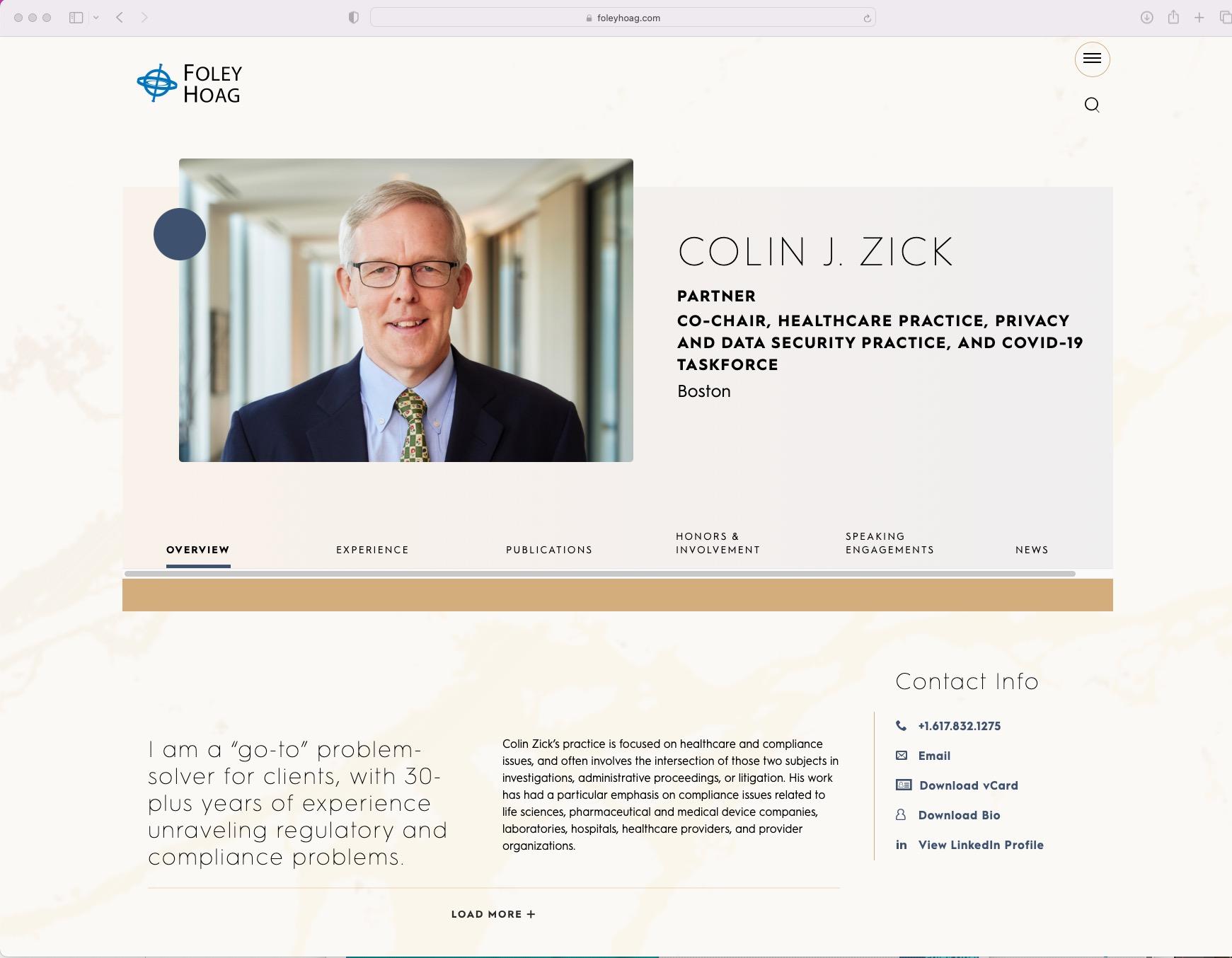






















June 21, 2024 was the 50th anniversary of Judge Arthur Garrity’s ruling in Morgan v. Hennigan, in which he found that the Boston School Committee had “knowingly carried out a systematic program of segregation affecting all of the city’s students, teachers, and school facilities.” The ruling was a landmark event, in the tradition of significant civil rights cases that came before and after, and is part of the nation’s progress in the long arc of courtroom justice.
Foley Hoag is proud to have been a part of the plaintiff’s legal team, and proud to have used the occasion to found the Foley Hoag Foundation, which continues the work of advancing the cause of social justice..


Q. What was the central issue in the Morgan v. Hennigan case?
A. Morgan v. Hennigan was the case that defined the school busing controversy in Boston, Massachusetts during the 1970s. On March 14, 1972, the Boston chapter of the NAACP filed a class action lawsuit against the Boston School Committee on behalf of 14 black parents and 44 children. Tallulah Morgan headed the list of plaintiffs, and James Hennigan, then chair of the School Committee, was the main defendant.
Q. What were the key facts of the case, in brief?
A. In this case, the Boston School Committee was sued for maintaining racially segregated schools, and the court ordered a bu sing plan to desegregate the schools. The focus was the constitutionality of using busing as a remedy to achieve school desegregation.
Q. Was this a pro bono matter for the firm?
A. Yes, Foley Hoag successfully represented the plaintiffs in Morgan v. Hennigan on a pro bono basis.
Q. What was the Foley Hoag team’s approach?
A. The Foley Hoag legal team pursued the case as a violation of the U.S. Constitution. The School Committee was charged with violating the Thirteenth and Fourteenth Amendments as well as the 1964 Civil Rights Act. The plaintiffs claimed that the defendants, th e S chool Committee, the Board of Education, and the Education Commissioner, "intentionally brought about and maintained racial segrega tio n in the Boston Public Schools."
Q. What was the outcome of the Morgan v. Hennigan case?
A. The case was presided over by Judge Arthur Garrity. Judge Garrity forbade the School Committee from violating the Racial mba lance Act in any way, beginning construction of any new school or portable classroom or transferring white or black teachers in ord er to increase racial imbalance.
Garrity's ruling, upheld unanimously by the U.S. Court of Appeals for the First Circuit, ordered the Boston School Committee to formulate a permanent school desegregation plan that addressed student assignment, teacher employment, and facility improvement procedu res as well as the use of busing on a citywide basis. The Boston School Committee failed to present an adequate plan, so the cour a ssumed an active role in the formulation of the desegregation plan and oversaw implementation of court-ordered desegregation in the Boston public schools.
Q. How did the Morgan v. Hennigan decision impact desegregation efforts in the United States?
A. The decision had a significant impact on desegregation efforts countrywide. It reinforced the legal principle that school districts had an obligation to actively desegregate their schools and use various means, including busing, to achieve that goal. This decision provided a legal framework for busing as a desegregation remedy in many other school desegregation cases.
Q. What was the outcome of the Morgan v. Hennigan case?
A. The case was presided over by Judge Arthur Garrity. Judge Garrity forbade the School Committee from violating the Racial mba lance Act in any way, beginning construction of any new school or portable classroom or transferring white or black teachers in ord er to increase racial imbalance.
Garrity's ruling, upheld unanimously by the U.S. Court of Appeals for the First Circuit, ordered the Boston School Committee to formulate a permanent school desegregation plan that addressed student assignment, teacher employment, and facility improvement procedu res as well as the use of busing on a citywide basis. The Boston School Committee failed to present an adequate plan, so the cour a ssumed an active role in the formulation of the desegregation plan and oversaw implementation of court-ordered desegregation in the Boston public schools.





Tuesday, December 5, 2023 4:00-6:00PM
Conference Room 17M
~ Opening remarks, Managing Partners
~ Featured Speaker
~ Reception, Cocktails & Food
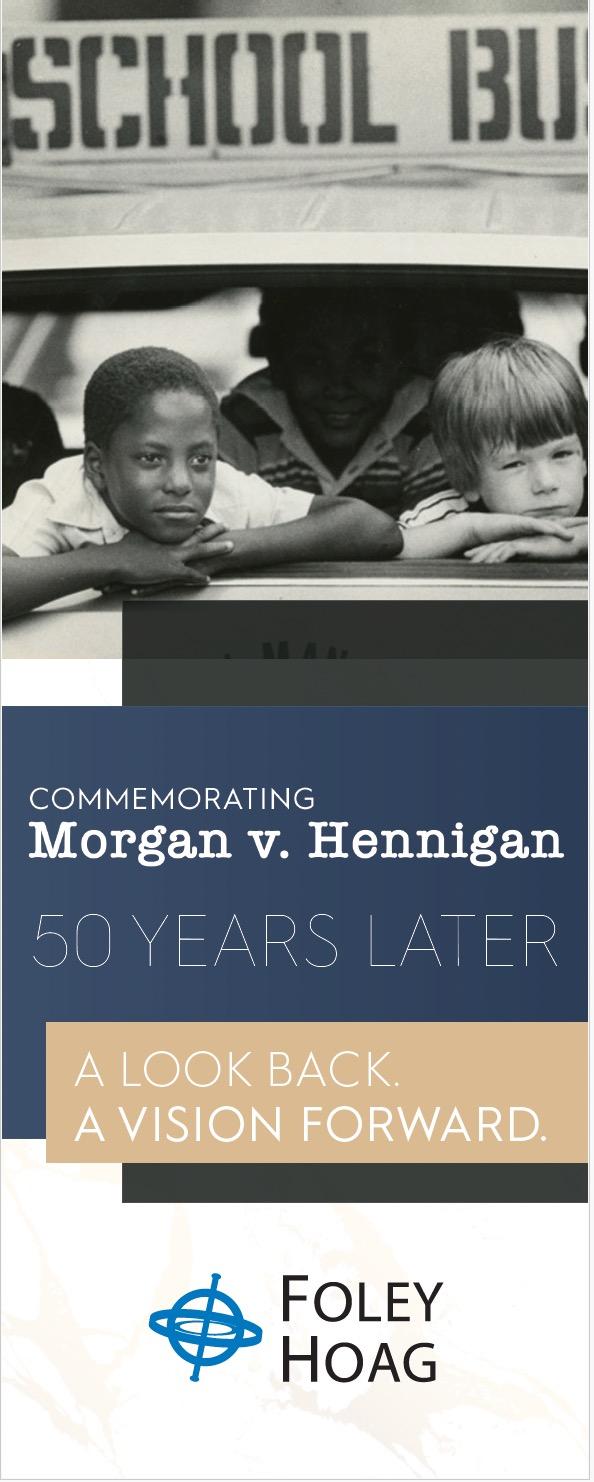
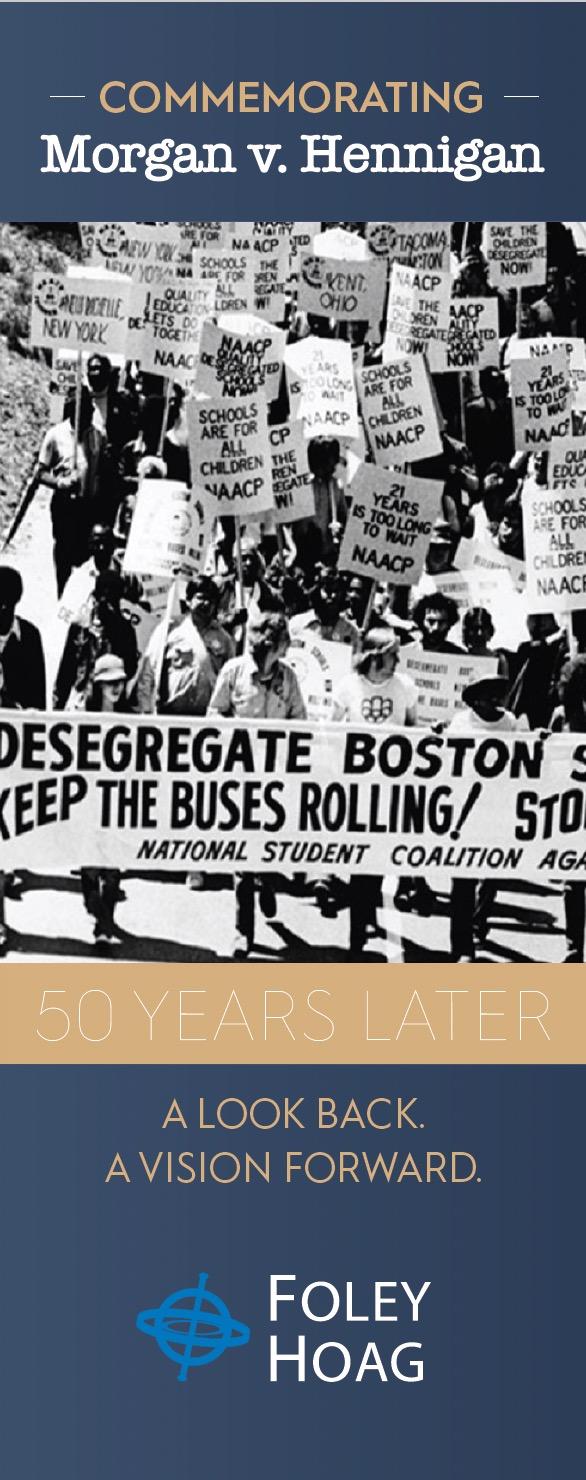
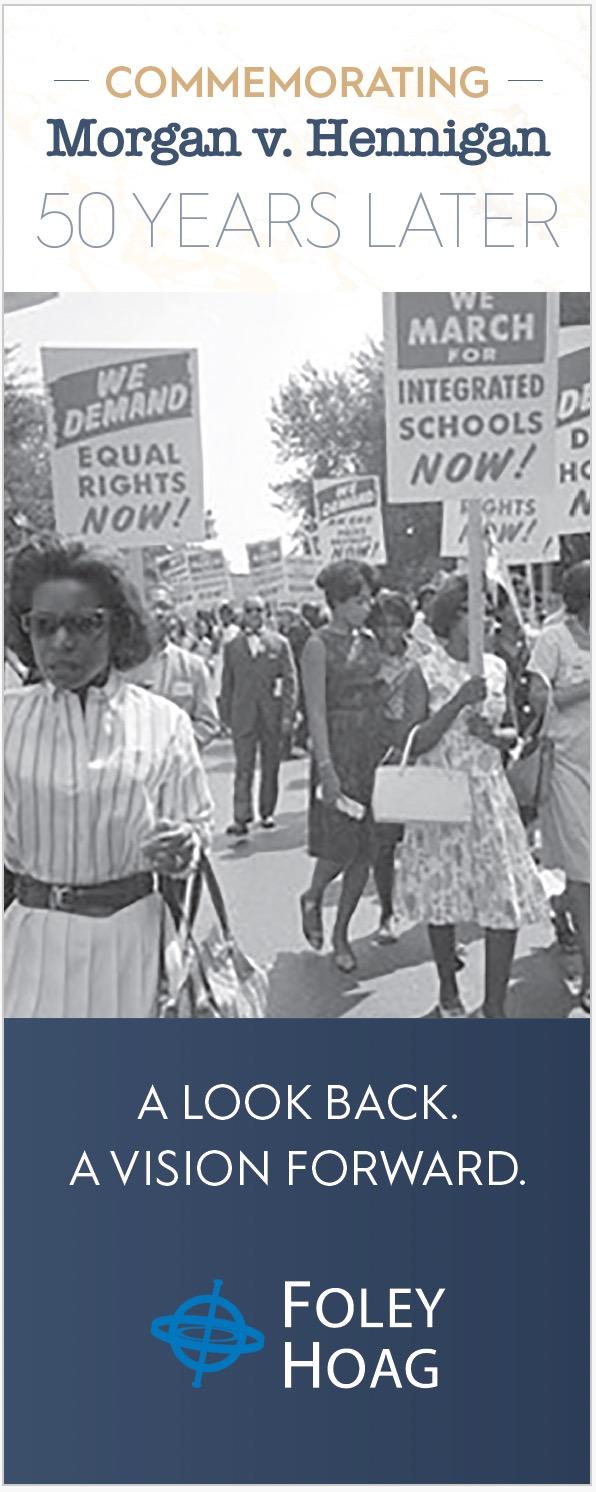

2020-2021


Click here to view video documentary of project.


Click here to browse exhibit program.


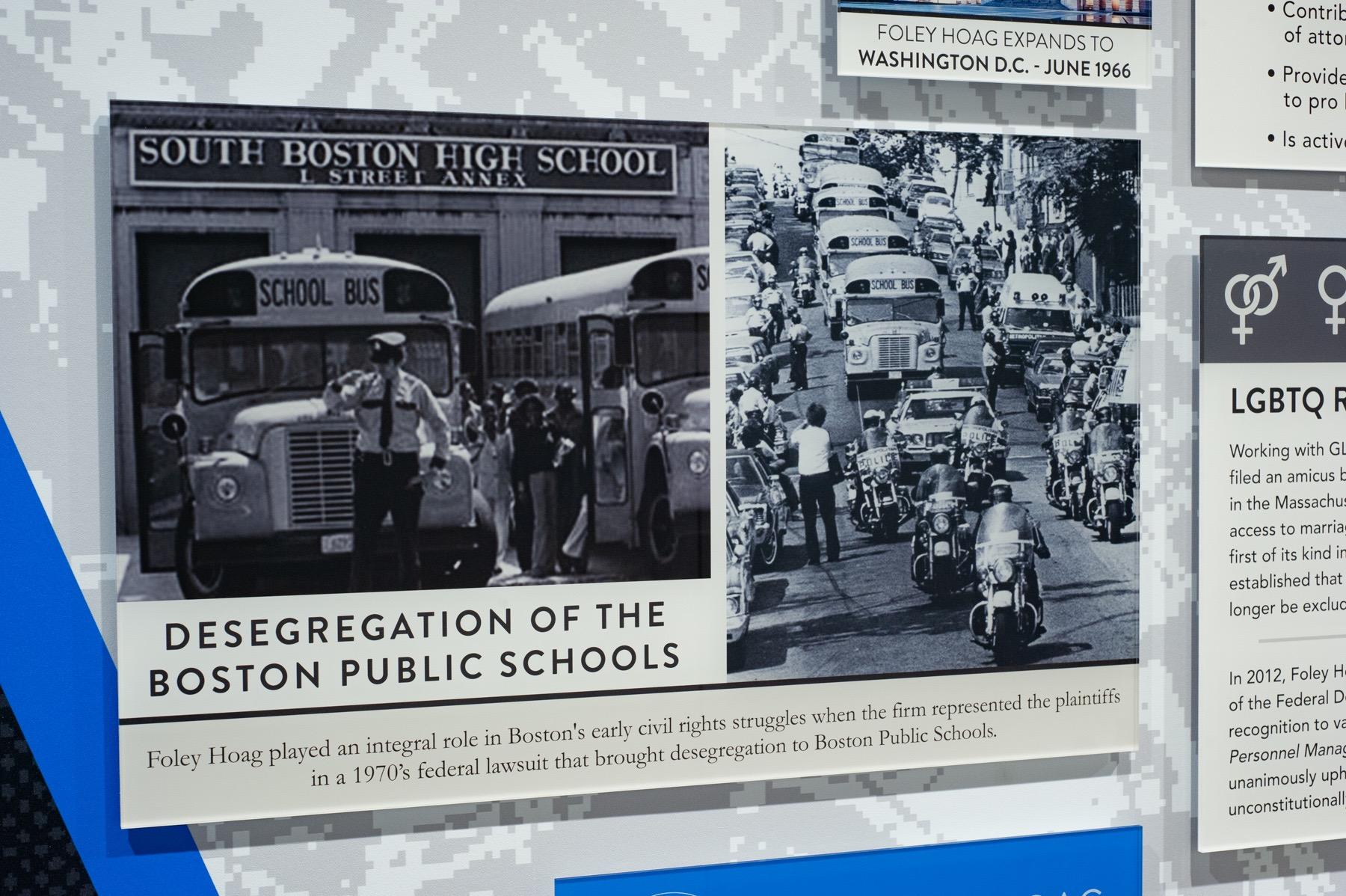
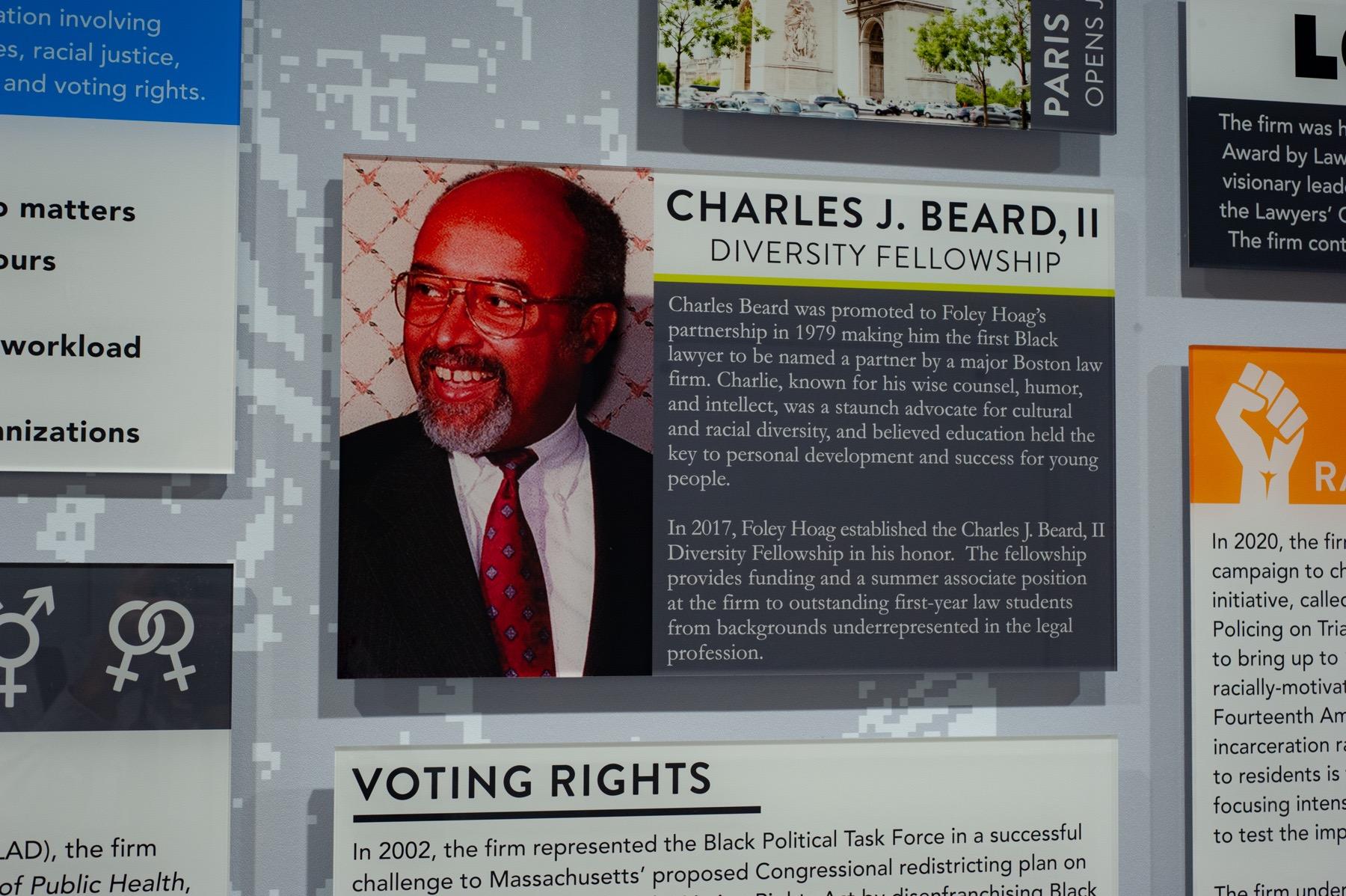
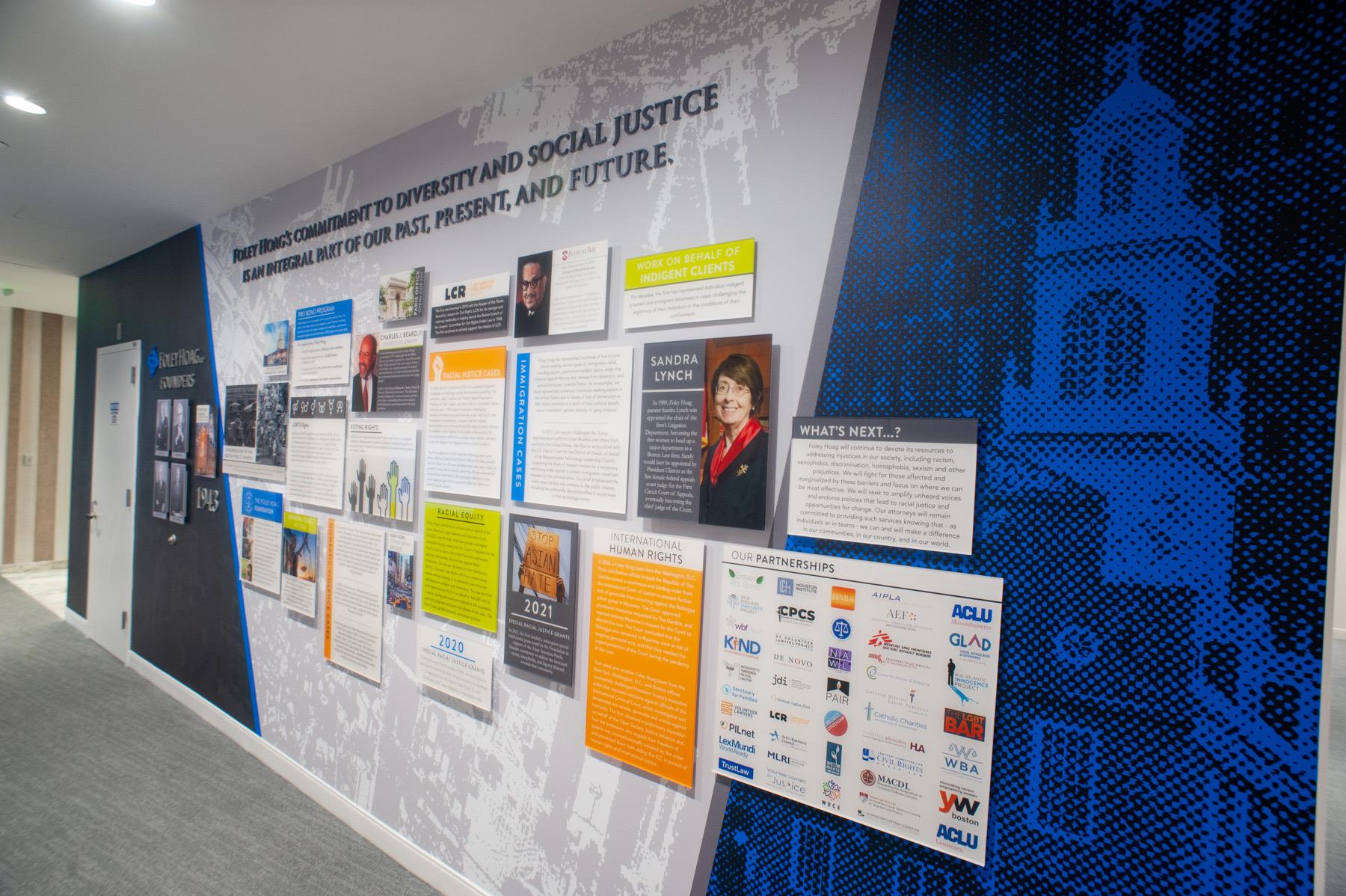


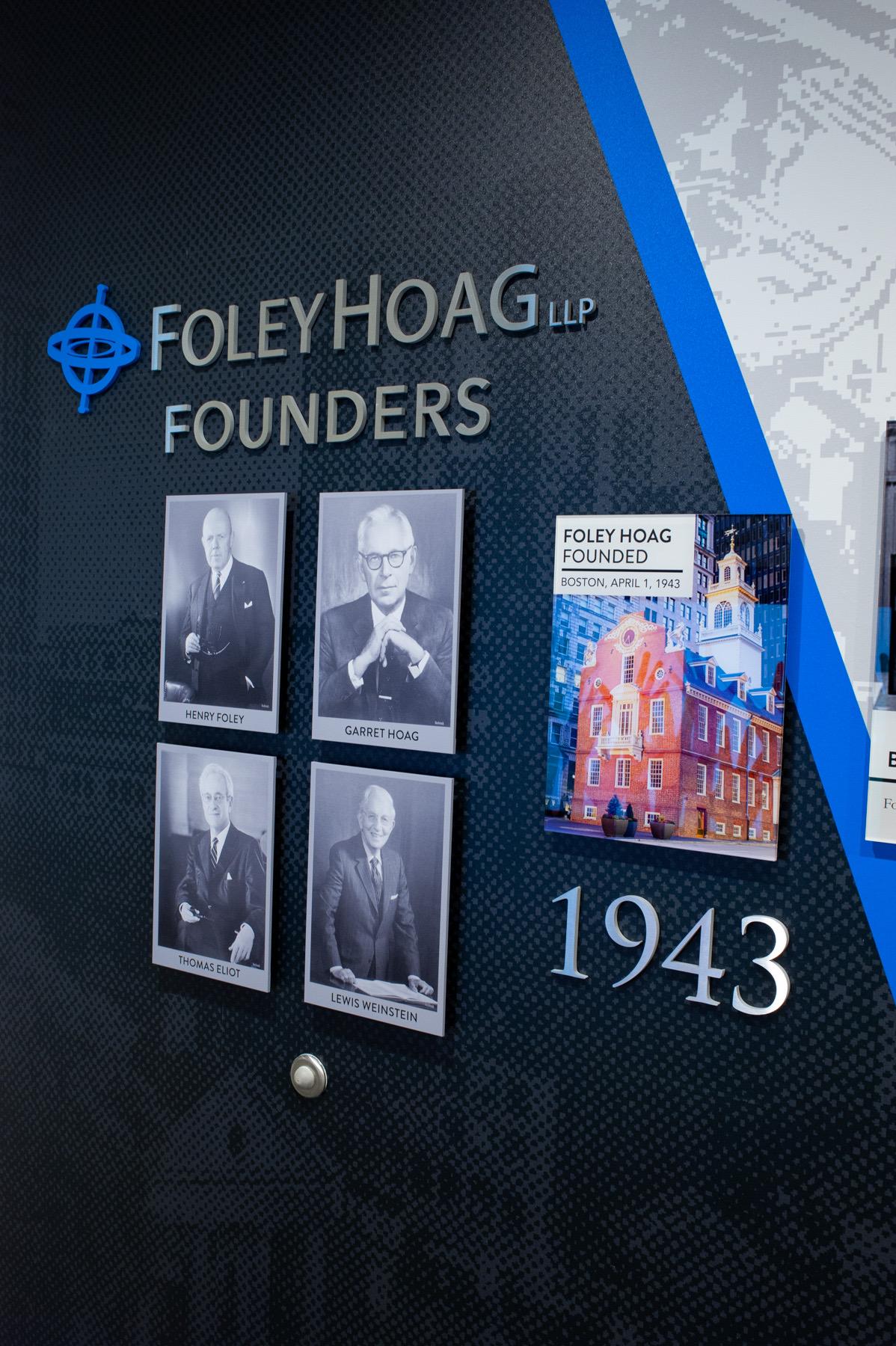












Click here to view website.

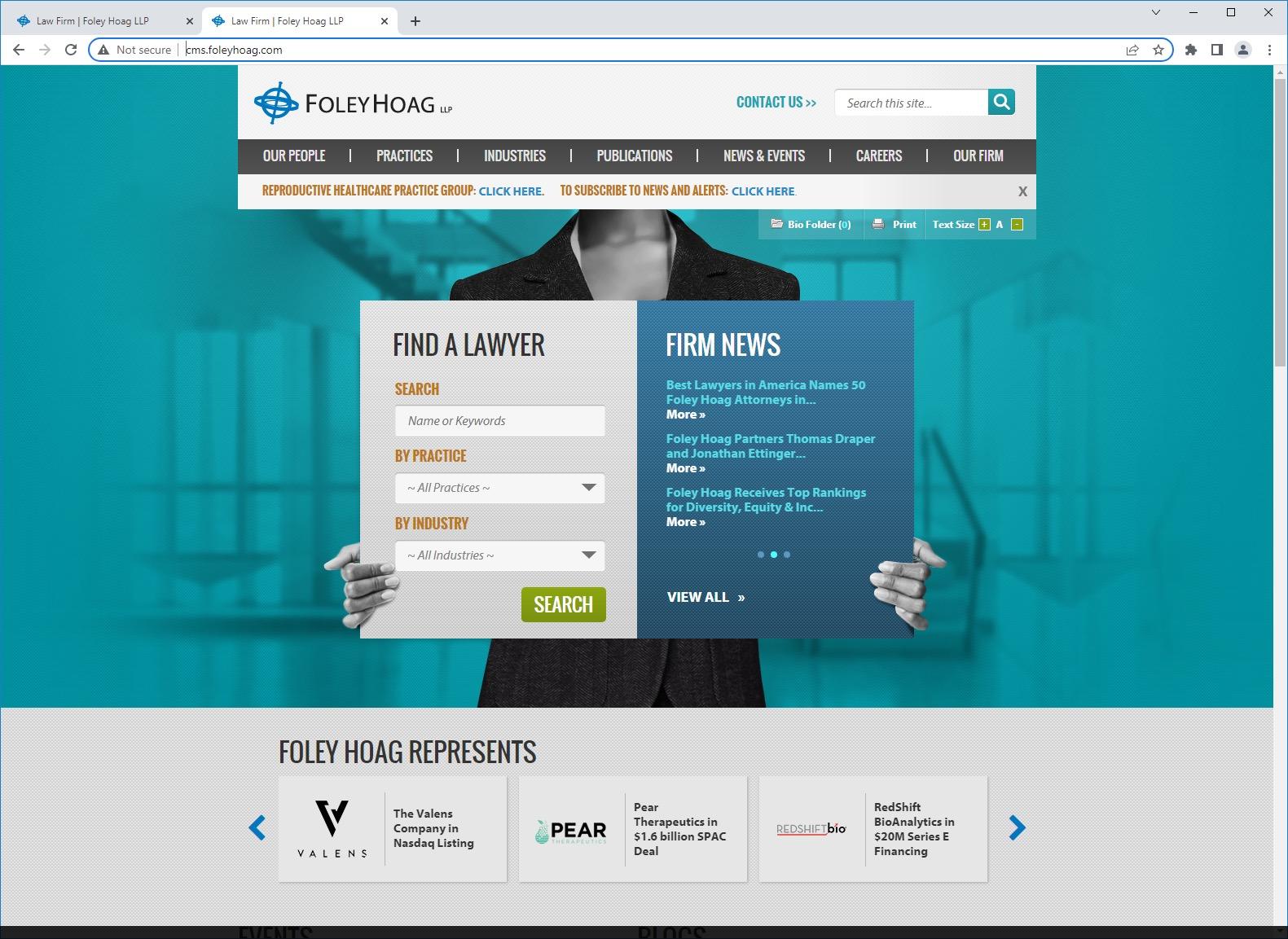


redesign 2022-2023 with continuing improvements to look and functionality
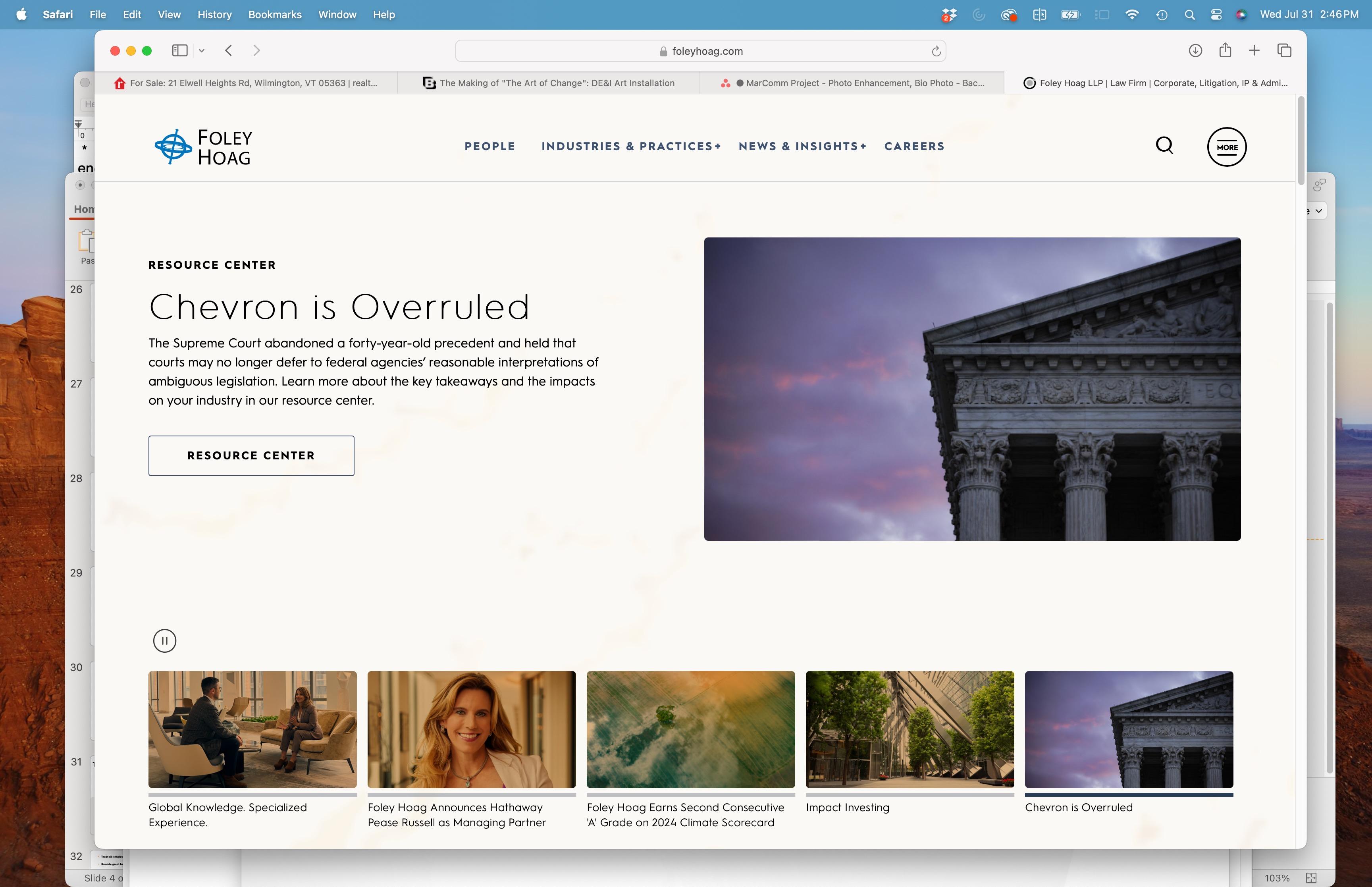
AFTER - HOMEPAGE AFTER - SAMPLE BIO PAGE
